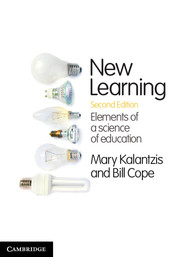Chapter 4 - Learning civics
Published online by Cambridge University Press: 05 February 2013
Summary
Overview
Education is closely interconnected with the public domain of citizenship. The modern state takes considerable responsibility for education, much of which is public or at least partly supported by the state. Education is now almost universally considered to be a right, and for children it is compulsory in most national jurisdictions. Education also plays an important role in shaping certain kinds of citizens.
As the relationship of the state to civil society changes, so does education. Modern, mass, institutionalised schooling emerged in an era characterised by ‘nationalism’ in the public sphere. Large and strong states established command relationships with their citizens. You did what the state said was good for you. These states also promoted the idea of an homogeneous community with clear borders. Schools played an important role in this process as they became one of the primary places for the socialisation of children – using didactic teaching and taking an exclusionary or assimilationist approach to learners’ differences.
Since the last quarter of 20th century, we have entered a phase referred to as ‘neoliberalism’, during which the size of the state has been shrunk and an ethics of the free market and self-reliance revived from its 19th-century roots. This has translated into a partial withdrawal of the state from education and the privatisation of schooling. Even in public education, there has been a devolution of school management and control of curriculum to the school itself. The practices of authentic education roughly fall in line with these changes.
- Type
- Chapter
- Information
- New LearningElements of a Science of Education, pp. 110 - 135Publisher: Cambridge University PressPrint publication year: 2012



